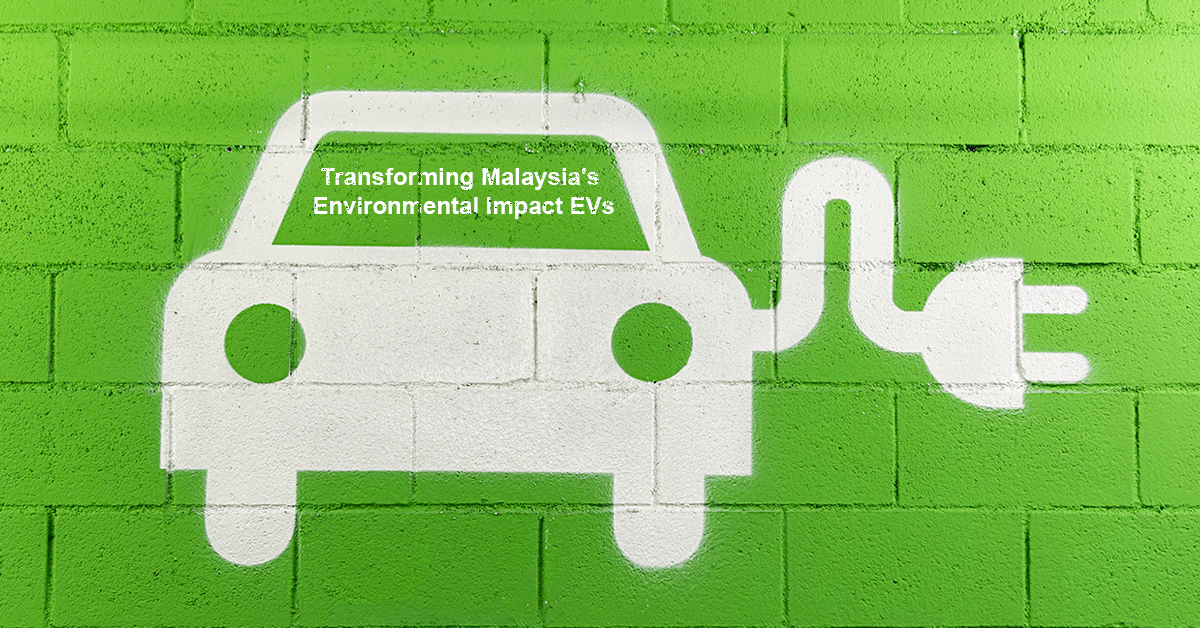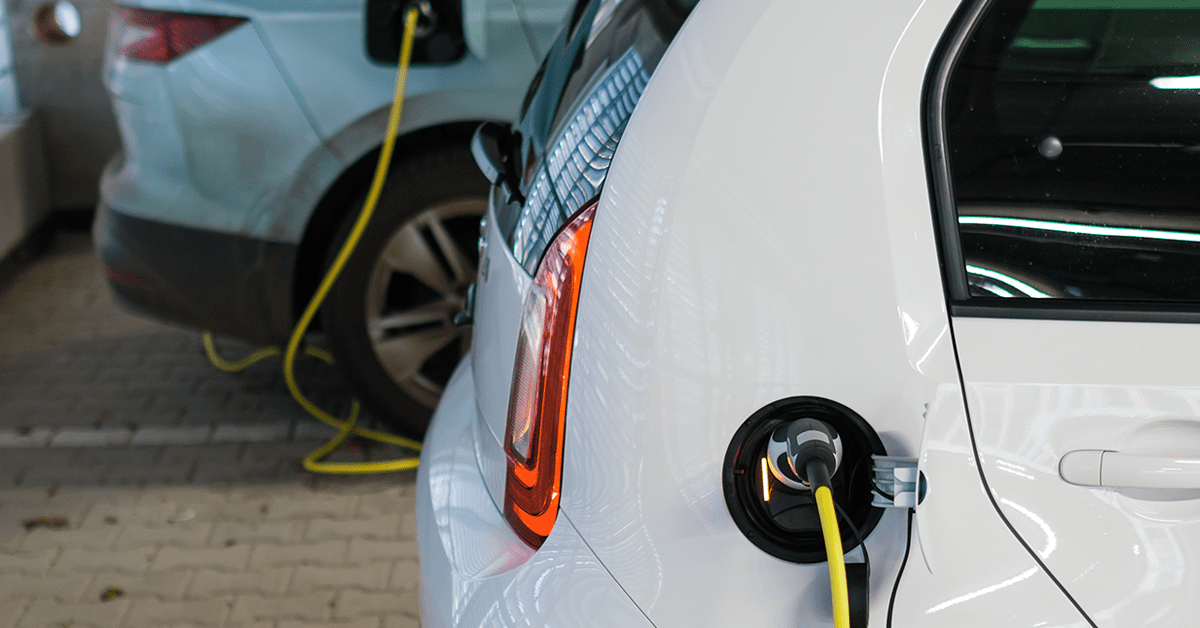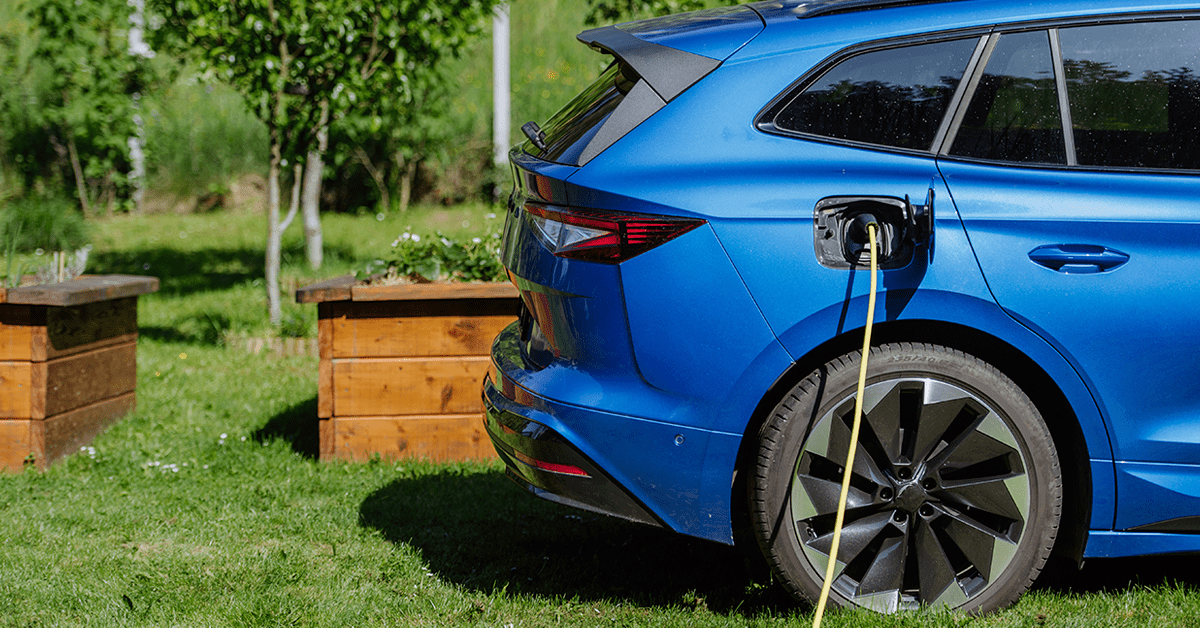
Introduction to EVs and Their Rise in Malaysia
Electric Vehicles (EVs) have been gaining significant traction in Malaysia as the country makes a notable shift towards cleaner transportation. With the government’s proactive initiatives and policies, the adoption of EVs has seen a remarkable surge, marking a pivotal moment in the nation’s environmental impact and conservation efforts.

The Shift Towards Cleaner Transportation
Overview of EV Adoption in Malaysia
In 2022, the Malaysian government introduced a series of incentives to drive the adoption of EVs. These incentives include tax exemption, free road tax for EVs, subsidies for charging infrastructure installation, and extensions on duties and tax exemptions for both fully-imported and locally-assembled EVs.
As a result, there was an 860% growth in the number of EVs on the road in 2022 compared to the previous year. The market share of EVs is still relatively low but is expected to grow significantly with the government’s target of having 125,000 EVs on the road by 2030.
Government Initiatives and Policies
The Malaysian government has been actively promoting EV adoption through various initiatives such as tax exemptions, installation of charging infrastructure, research and development funding, and income tax exemptions for EV charging equipment manufacturers. These measures have played a crucial role in driving the rapid growth of the EV market in Malaysia.

The Importance of EVs in Environmental Conservation
Comparison with Traditional Vehicles
Compared to traditional internal combustion engine (ICE) vehicles, EVs offer a significant advantage in terms of reducing carbon emissions. They produce zero tailpipe emissions since they run on electricity instead of fossil fuels. Additionally, incorporating EV culture is economically feasible as they can run at higher efficiency rates compared to ICE vehicles.
Long-term Environmental Goals
With Malaysia targeting an EV contribution of 20% of total vehicle sales by 2025 and 50% by 2035, it is imperative to address issues related to high purchase prices. The government’s continued support and incentives aligned with environmental commitments are essential for fostering sustainable transportation transitions.
By embracing EV technology, Malaysia is not only advancing its transportation sector but also making significant strides towards achieving its long-term environmental conservation goals.

Reducing Air Pollution in Urban Areas
Electric Vehicles (EVs) are playing a crucial role in transforming the urban landscape of Malaysia, particularly in addressing air pollution. The adoption of EVs is significantly improving air quality and contributing to a cleaner and healthier environment, thereby positively impacting urban living conditions.
The Role of EVs in Improving Air Quality
Impact on Densely Populated Cities
The impact of EVs on air quality is particularly pronounced in densely populated cities like Kuala Lumpur. As more EVs replace traditional internal combustion engine (ICE) vehicles, the reduction in harmful pollutants such as nitrogen oxides and particulate matter is substantial. This transition to electric mobility is pivotal for mitigating the adverse effects of vehicular emissions on urban air quality.
Case Studies: Kuala Lumpur
In Kuala Lumpur, the introduction of EVs has shown promising results in improving air quality. A study conducted by the Department of Environment revealed that areas with higher concentrations of EVs experienced a notable decrease in air pollutants, leading to enhanced environmental conditions. This underscores the positive impact of EV adoption on reducing urban air pollution and fostering a healthier living environment for residents.
Public Health Benefits
Reduction in Respiratory Diseases
The reduction in vehicular emissions due to the increasing presence of EVs directly correlates with a decline in respiratory diseases among urban dwellers. By minimising exposure to harmful pollutants, such as carbon monoxide and sulphur dioxide, EVs contribute to improved respiratory health outcomes. This aligns with Malaysia’s broader public health objectives aimed at reducing the burden of respiratory illnesses associated with poor air quality.
Enhancing Urban Living Conditions
The proliferation of EVs not only reduces air pollution but also enhances overall urban living conditions. Cleaner air resulting from reduced vehicular emissions creates a more pleasant and sustainable urban environment. This shift towards cleaner transportation options supports Malaysia’s vision for vibrant, livable cities that prioritise the well-being of its residents.
By embracing electric mobility, Malaysia is actively addressing the pressing issue of urban air pollution while simultaneously promoting public health and well-being.

Lowering Greenhouse Gas Emissions
Electric Vehicles (EVs) play a crucial role in mitigating climate change and reducing greenhouse gas emissions in Malaysia. As the nation strives to achieve its carbon neutrality goals, the transition to EVs presents a significant opportunity to lower the environmental impact associated with traditional transportation systems.
EVs' Contribution to Climate Change Mitigation
Comparison of Emissions: EVs vs. ICE Vehicles
Research findings indicate that running EVs with the national grid will produce an average of 7% more greenhouse gas emissions than hybrid electric vehicles (HEVs) at the same distance. However, they will produce an average of 19% less greenhouse gas emissions than internal combustion engine vehicles (ICEVs). This underscores the potential of EVs in significantly reducing overall greenhouse gas emissions, especially when compared to conventional ICE vehicles.
The Role of Malaysia’s Electricity Mix
The integration of renewable energies, including solar, hydro, wind, and nuclear power sources into Malaysia’s electricity mix is pivotal in further reducing greenhouse gas emissions associated with EVs. By leveraging cleaner energy sources for charging EVs, Malaysia can effectively minimise the carbon footprint attributed to transportation. This shift towards sustainable energy practices aligns with the nation’s commitment to achieving its climate change mitigation targets.
Achieving Malaysia's Carbon Neutrality Goals
National Targets and Strategies
Malaysia has set ambitious targets to achieve carbon neutrality, and the widespread adoption of EVs forms a key component of this strategy. By aiming for an EV contribution of 20% of total EV vehicle sales by 2025 and 50% by 2035, Malaysia is actively working towards reducing overall greenhouse gas emissions from its transportation sector. These targets underscore the nation’s commitment to embracing sustainable mobility solutions as part of its broader environmental conservation efforts.
The Importance of Renewable Energy Integration
The utilisation of renewable energy sources for powering EVs is integral to realising Malaysia’s carbon neutrality goals. By prioritising the integration of renewable energy into the transportation sector, Malaysia can significantly reduce its reliance on fossil fuels and subsequently lower overall greenhouse gas emissions. This strategic approach not only fosters environmental sustainability but also contributes to building a resilient and low-carbon economy for future generations.
The increase in EV adoption is poised to lead to a substantial reduction in energy use and greenhouse gas emissions while simultaneously driving economic growth and societal well-being.

Advancing Malaysia's Energy Efficiency
Electric Vehicles (EVs) are pivotal in advancing Malaysia’s energy efficiency, offering substantial operational cost benefits and demonstrating superior energy consumption comparisons when compared to traditional internal combustion engine (ICE) vehicles.
The Efficiency of Electric Vehicles
Operational Cost Benefits
When comparing the energy efficiency and operational costs of EVs versus traditional vehicles, it becomes evident that EVs outperform their counterparts. EVs can operate at an impressive 85–90% efficiency, significantly higher than the 50% efficiency of traditional ICE vehicles. This increased efficiency translates to lower operational costs for EV owners, making them a more economically viable option in the long run.
Energy Consumption Comparisons
In terms of energy consumption, EVs convert an impressive 77% of grid power to the vehicle’s wheels, showcasing their remarkable efficiency. In contrast, gasoline vehicles only convert a mere 12–30% of gasoline power to the vehicle’s wheels. This significant disparity underscores the superior energy utilisation of EVs, positioning them as a sustainable and efficient mode of transportation that aligns with Malaysia’s broader energy conservation objectives.
Incentives and Infrastructure Development
Government Incentives for EV Buyers
The impact of government incentives on promoting energy-efficient transportation cannot be overstated. In Malaysia, government incentives such as tax exemptions, subsidies, and reduced road taxes for EVs play a crucial role in reducing the overall cost burden for customers. By actively promoting alternative energy sources like solar and hydropower, Malaysia is fostering an environment conducive to embracing sustainable mobility solutions that contribute to enhanced energy efficiency and reduced environmental impact.
Expansion of Charging Infrastructure
Furthermore, the expansion of charging infrastructure is integral to advancing Malaysia’s energy efficiency through widespread EV adoption. The development of a robust network of charging stations not only facilitates convenient access to charging facilities but also promotes confidence among potential EV buyers. This strategic infrastructure development aligns with Malaysia’s commitment to building a comprehensive ecosystem that supports the seamless integration of electric mobility into its transportation landscape.
By prioritising energy-efficient transportation solutions and incentivizing sustainable practices, Malaysia is poised to achieve significant strides in enhancing its overall energy efficiency while concurrently reducing its carbon footprint.

Conclusion: The Road Ahead for EVs in Malaysia
As Malaysia continues to embrace a sustainable future, the evolution of the EV market presents promising prospects for the nation’s transportation landscape. The ongoing progress of the EV industry, as highlighted by Wan Ahmad Zam Zam bin Wan Abd Wahab in a recent interview, underscores the exciting advancements and opportunities that lie ahead.
The Ongoing Evolution of the EV Market
The continuous evolution of the EV market in Malaysia reflects a dynamic shift towards sustainable mobility solutions. With an increasing focus on environmental conservation and energy efficiency, the market is witnessing a surge in innovative technologies and diverse offerings.
This evolution not only encompasses advancements in vehicle models but also extends to the development of charging infrastructure and supportive policies, laying a robust foundation for widespread EV adoption.
Public Perception and Adoption Trends
Public perception of electric vehicles (EVs) is gradually shifting towards greater acceptance and enthusiasm. As awareness about environmental conservation grows, more individuals are recognizing the benefits of transitioning to EVs, contributing to a positive adoption trend. Moreover, with ongoing educational initiatives and advocacy efforts, there is a notable increase in public interest and understanding regarding the role of EVs in reducing carbon emissions and promoting cleaner air quality.
Challenges and Opportunities
Addressing Infrastructure and Policy Hurdles
While significant progress has been made, addressing infrastructure challenges remains crucial for sustaining the momentum of EV adoption. Enhancing charging infrastructure accessibility across urban centres and remote areas is essential to alleviate range anxiety among potential buyers. Additionally, aligning policy frameworks with long-term sustainability goals will be pivotal in fostering an environment conducive to accelerated EV integration.
The Potential for Innovation and Growth
Amidst challenges lie abundant opportunities for innovation and growth within Malaysia’s burgeoning EV industry. Collaborative efforts between government bodies, private enterprises, and research institutions can drive technological advancements, leading to enhanced battery capabilities, efficient charging solutions, and cost-effective manufacturing processes. These innovations will not only bolster domestic capabilities but also position Malaysia as a regional hub for sustainable transportation technologies.
The road ahead for electric vehicles (EVs) in Malaysia is marked by both challenges that demand strategic solutions and opportunities that beckon innovation and collaboration. By navigating these dynamics effectively, Malaysia can pave the way for a greener, more sustainable transportation ecosystem while contributing significantly to global environmental conservation efforts.
#Environmental Impact
#EV Malaysia
#Malaysia’s Energy Efficiency
#Electric Vehicles
About Us – WDD Malaysia Going All Electric
As a distinguished website designer, WDD Malaysia focuses on optimising business performance via sophisticated branding and web design services tailored for various sectors including retail, hospitality, logistics, and construction. Their team of expert website designers creates visually appealing, custom websites that are responsive and user-friendly. They prioritise mobile-first design, ensuring seamless functionality on all devices, and incorporate advanced SEO strategies to enhance visibility. WDD Malaysia is dedicated to website security, offers regular maintenance, and excels in branding and digital marketing solutions to address challenges like slow loading speeds and poor SEO performance.





